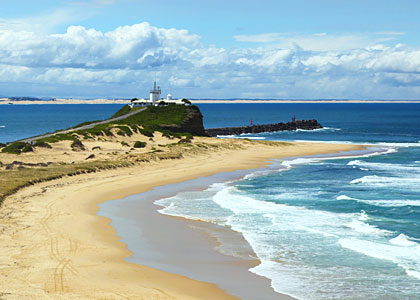Today’s blog post is a little different to my usual posts because I am writing it as a writer rather than as an economist. I write tens of thousands of words every year and have done so for many years. People have asked me whether I enjoy spending my time in that way, given that it would seem to be quite a discipline. It is. But it is also my freedom. My freedom to express an alternative viewpoint. My freedom to publish the results of my research, framed in my own particular way. Many people hate what I write and I get a lot of hate E-mails telling me that. Anytime I mention Palestine, the hate mail floods in. I am told to delete the posts and/or die. Anytime I criticise the US, the hate comes in. I am surprised, frankly, that people have that much time on their hands, and, moreover, think that I will somehow crumple in a heap when accused of being an anti-Semite, when all I have ever done in that space, is to criticise the indecent, genocidal and illegal policies and actions of the Israeli government acting out their Zionist ideology. There is zero anti-Semite intention in that despite the way the current debate has successfully conflated the two. From one perspective, I have known ‘cancel culture’ my entire career. The dominant and destructive Groupthink in my profession has always tried to sideline my point of view. But I sense at this period of history that we are in a time where authoritarian viewpoints are once again becoming dominant in the wider society and as a writer I see the danger in that for individuals and our posterity.
